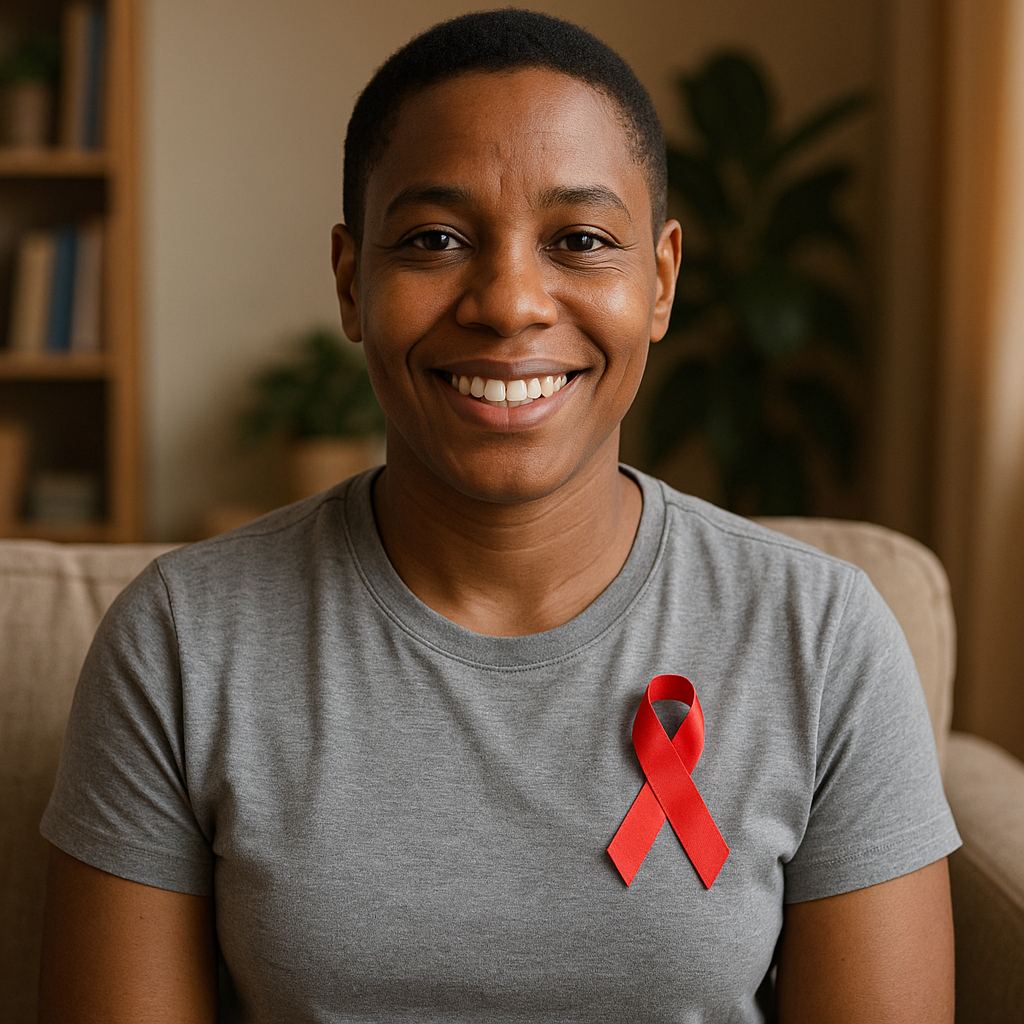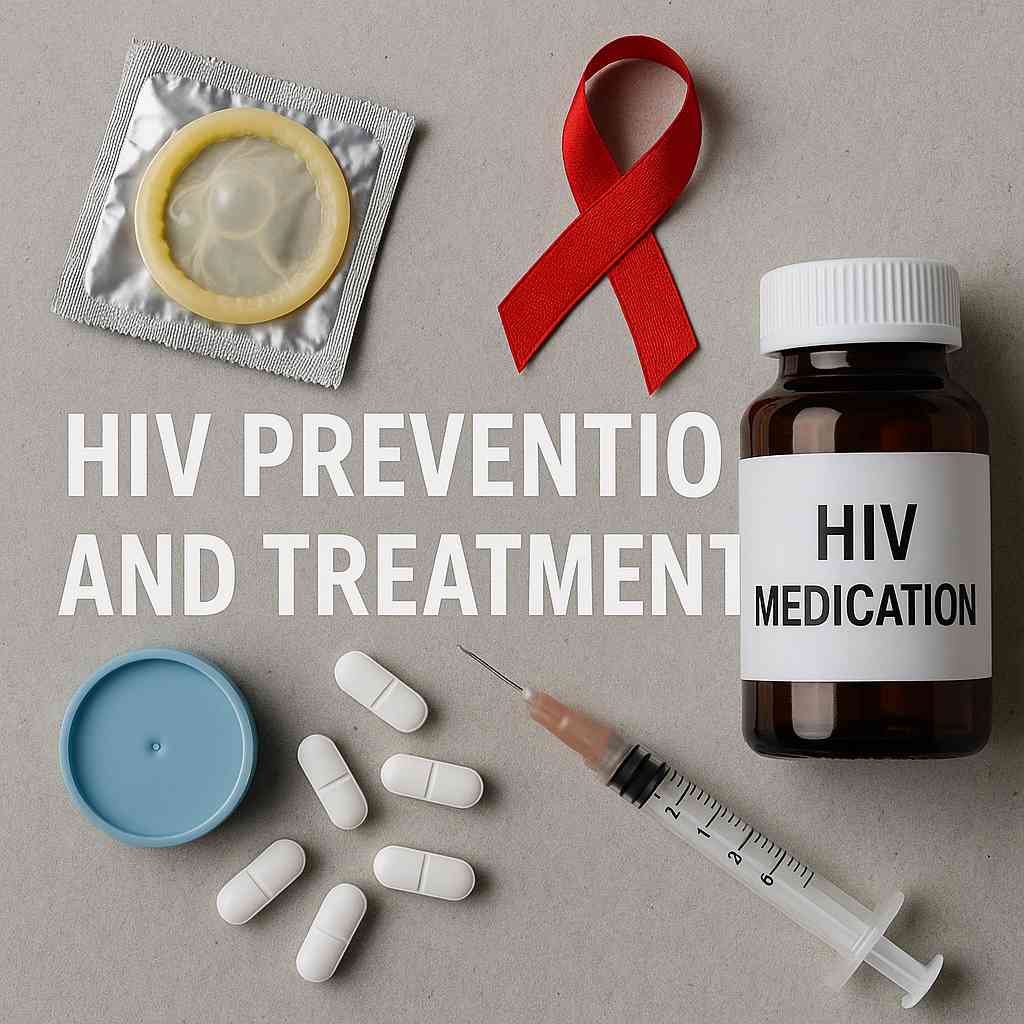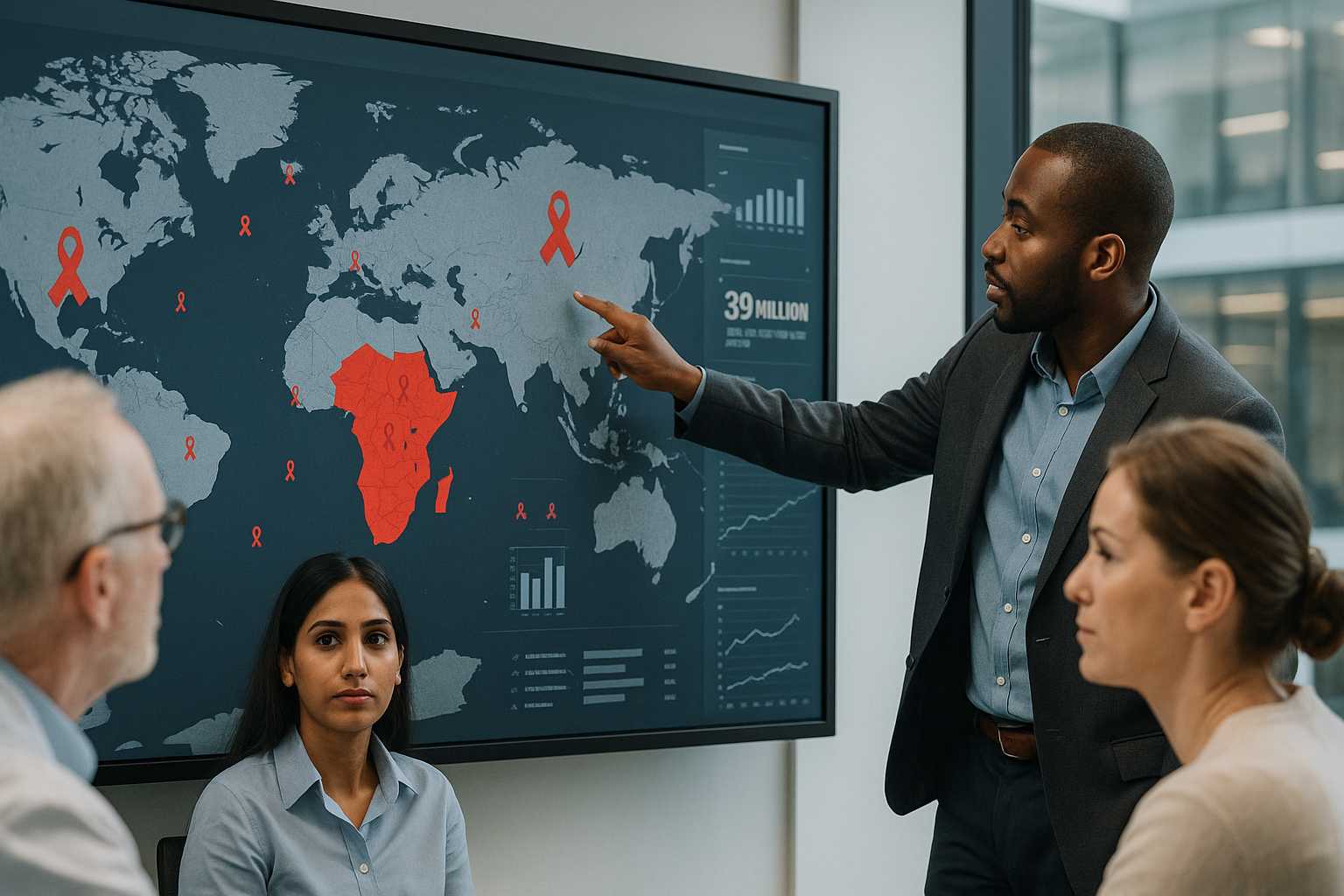Table of Contents
- Understanding HIV Today
- Modern HIV Treatment Options
- Prevention Strategies That Work
- Support Systems and Mental Wellness
- Conclusion
- Frequently Asked Questions
Understanding HIV Today
Living well with HIV is not only possible—it’s the expectation with today’s medical advancements. Thanks to decades of research and education, HIV has evolved from a terminal diagnosis to a manageable chronic condition for millions worldwide. But how does someone navigate life with HIV while maintaining their health, relationships, and peace of mind?Understanding how HIV works is the first step. The virus attacks the immune system, specifically targeting CD4 cells. Without treatment, it can progress to AIDS. However, with early diagnosis and consistent care, most people can live long, healthy lives. The key is education, access to care, and ongoing support.
Modern HIV Treatment Options
One of the most powerful tools for living well with HIV is antiretroviral therapy (ART). This daily medication suppresses the virus to undetectable levels, which means the person cannot transmit HIV sexually—a concept known as Undetectable = Untransmittable (U=U).There are now dozens of branded HIV medications available, such as Biktarvy, Triumeq, and Dovato, many of which combine multiple drugs into a single pill. These regimens are generally well-tolerated and highly effective. New long-acting injectable treatments like Cabenuva are also giving patients greater flexibility.Regular monitoring and lab tests help ensure the virus stays under control. For those newly diagnosed, starting ART as soon as possible is now standard practice. Staying consistent with treatment is essential—not just to protect personal health, but also to prevent transmission.
Prevention Strategies That Work
Living well with HIV also means helping prevent further spread. Prevention isn’t just about condoms anymore. Pre-exposure prophylaxis (PrEP) and post-exposure prophylaxis (PEP) have changed the game, offering protection for those at higher risk.People living with HIV can take proactive steps to prevent coinfections, such as hepatitis B or C, through vaccination and routine testing. Safe sex practices, open communication with partners, and harm-reduction strategies remain crucial.For those looking to expand their families, methods like sperm washing or timed conception can help minimize risk. Medical professionals can guide couples through safe family planning options. You can always consult a trusted provider at Healthcare.pro for personalized medical advice.
Support Systems and Mental Wellness
Thriving with HIV goes beyond medication—it’s also about emotional health and social support. Many individuals experience anxiety, depression, or stigma following diagnosis. Seeking help is not a weakness; it’s a form of self-care.Therapists, support groups, and HIV advocacy organizations offer safe spaces to share experiences and build community. Whether in-person or online, these connections reduce isolation and increase resilience.Platforms like TheBody.com and local LGBTQ+ health centers provide access to peer support, education, and empowerment programs. Moreover, digital communities can be just as impactful as local ones, offering 24/7 connection and advice.Workplaces and schools are also learning to support people living with HIV through inclusive policies and awareness. It’s important to know your rights and advocate for them.
Conclusion
Living well with HIV is about more than survival—it’s about thriving. With the right treatment, prevention strategies, and support systems, individuals can lead full, meaningful lives. Science has made incredible progress, but knowledge and compassion remain just as important. Stay informed, stay connected, and never hesitate to seek support.
Frequently Asked Questions
Can people with HIV live a normal life span?
Yes. With proper treatment and care, people with HIV can live long, healthy lives comparable to those without the virus.
What is the most effective treatment for HIV?
Antiretroviral therapy (ART) is the gold standard. It includes daily medication that reduces the virus to undetectable levels and prevents transmission.
Is HIV still contagious if the viral load is undetectable?
No. According to the U=U principle, an undetectable viral load means HIV cannot be sexually transmitted.
Can someone with HIV have children safely?
Yes. There are safe methods for conception that reduce the risk of transmission to partners or children.
Where can I find emotional or peer support for HIV?
Local health centers, online communities like TheBody.com, and national organizations provide counseling, support groups, and advocacy resources.
This content is not medical advice. For any health issues, always consult a healthcare professional. In an emergency, call 911 or your local emergency services.



